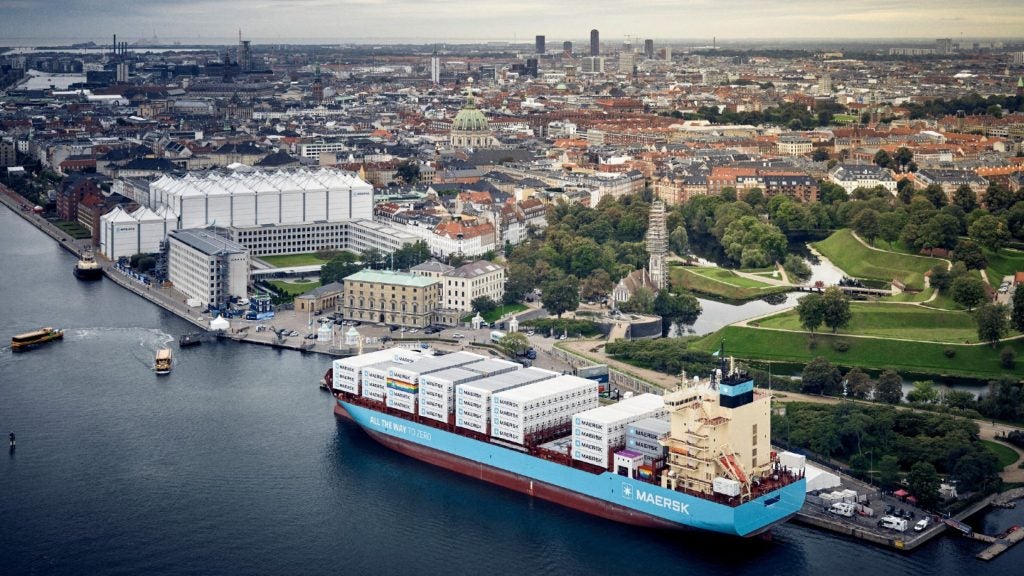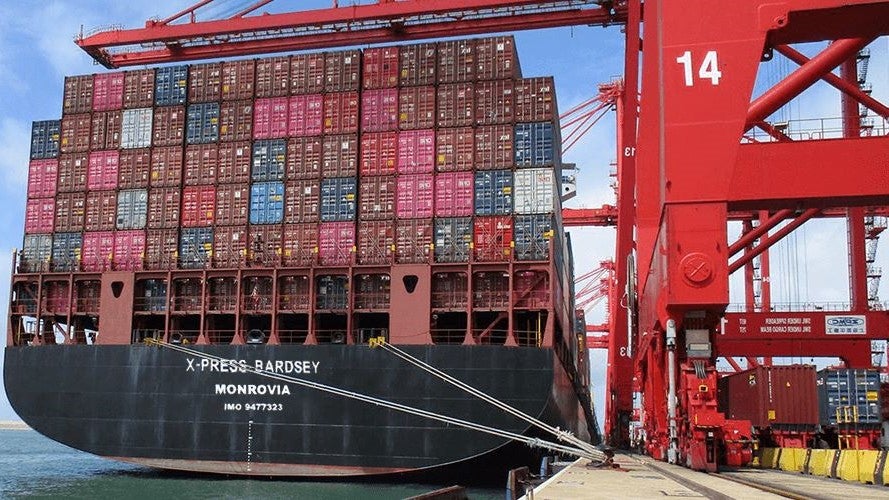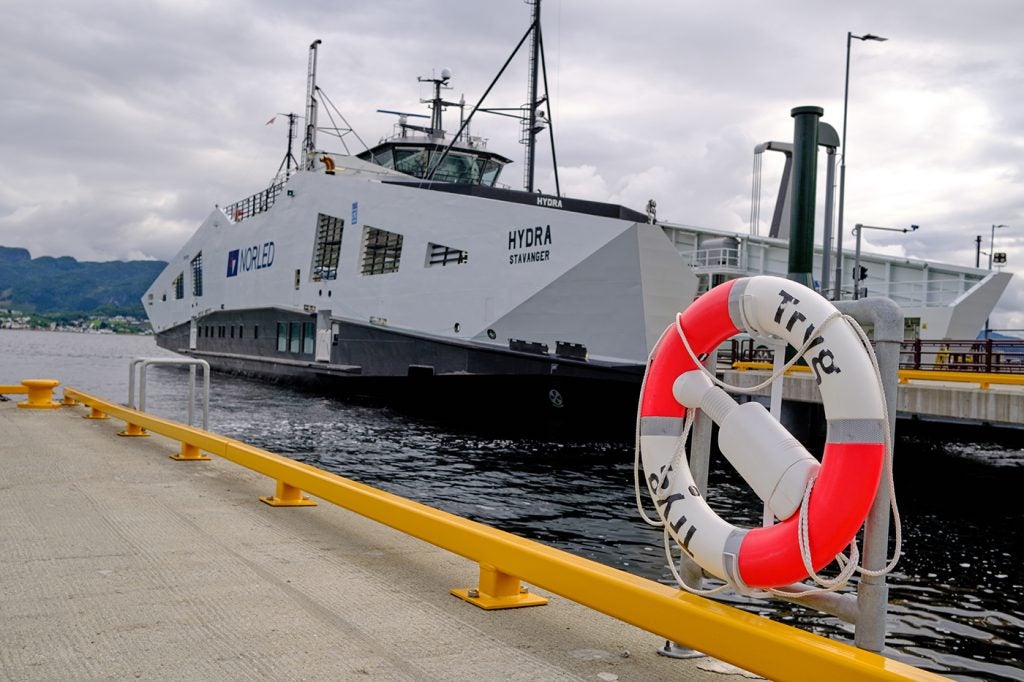The European Commission (EC) has imposed a fine of €395m on four maritime car carriers for taking part in cartels that violate the European Union’s (EU) antitrust rules.
The carriers include Japanese entities Nippon Yusen Kabushiki Kaisha (NYK) and K Line Kawasaki Kisen Kaisha (K Line), as well as Norwegian / Swedish carrier WWL-EUKOR and Chilean shipping company CSAV.
Japanese carrier Mitsui OSK Lines (MOL) was also found to be involved in the controversy, however the EC offered full immunity to the company in exchange for revealing the existence of the cartel.
EC has also exempted MOL from paying a fine of €203m.
EC competition policy commissioner Margrethe Vestager said: “The Commission has sanctioned several companies for colluding in the maritime transport of cars and the supply of car parts.
“The three separate decisions taken today show that we will not tolerate anti-competitive behaviour affecting European consumers and industries.
How well do you really know your competitors?
Access the most comprehensive Company Profiles on the market, powered by GlobalData. Save hours of research. Gain competitive edge.

Thank you!
Your download email will arrive shortly
Not ready to buy yet? Download a free sample
We are confident about the unique quality of our Company Profiles. However, we want you to make the most beneficial decision for your business, so we offer a free sample that you can download by submitting the below form
By GlobalData“By raising component prices or transport costs for cars, the cartels ultimately hurt European consumers and adversely impacted the competitiveness of the European automotive sector, which employs around 12 million people in the EU.”
The EC’s investigation, which was conducted from October 2006 to September 2012, concluded that the five carriers formed a cartel to transport new cars, trucks and other large vehicles such as combine harvesters and tractors along various deepsea routes between Europe and other continents.
It also revealed that the carriers’ sales managers met at each other’s respective offices, as well as in bars, restaurants and other social gatherings in order to operate the cartel.
The officials were also in touch over the phone on a regular basis, often discussing prices, allocating customers and sharing commercially sensitive information regarding charges and surcharges added to prices to compensate for currency or oil prices fluctuations, in addition to other price elements.
The cartel ran for around six years was found to affect both European car importers and final customers as imported vehicles were sold within the European Economic Area (EEA).
European vehicle manufacturers were also affected as a result of their vehicles being exported outside the EEA.






